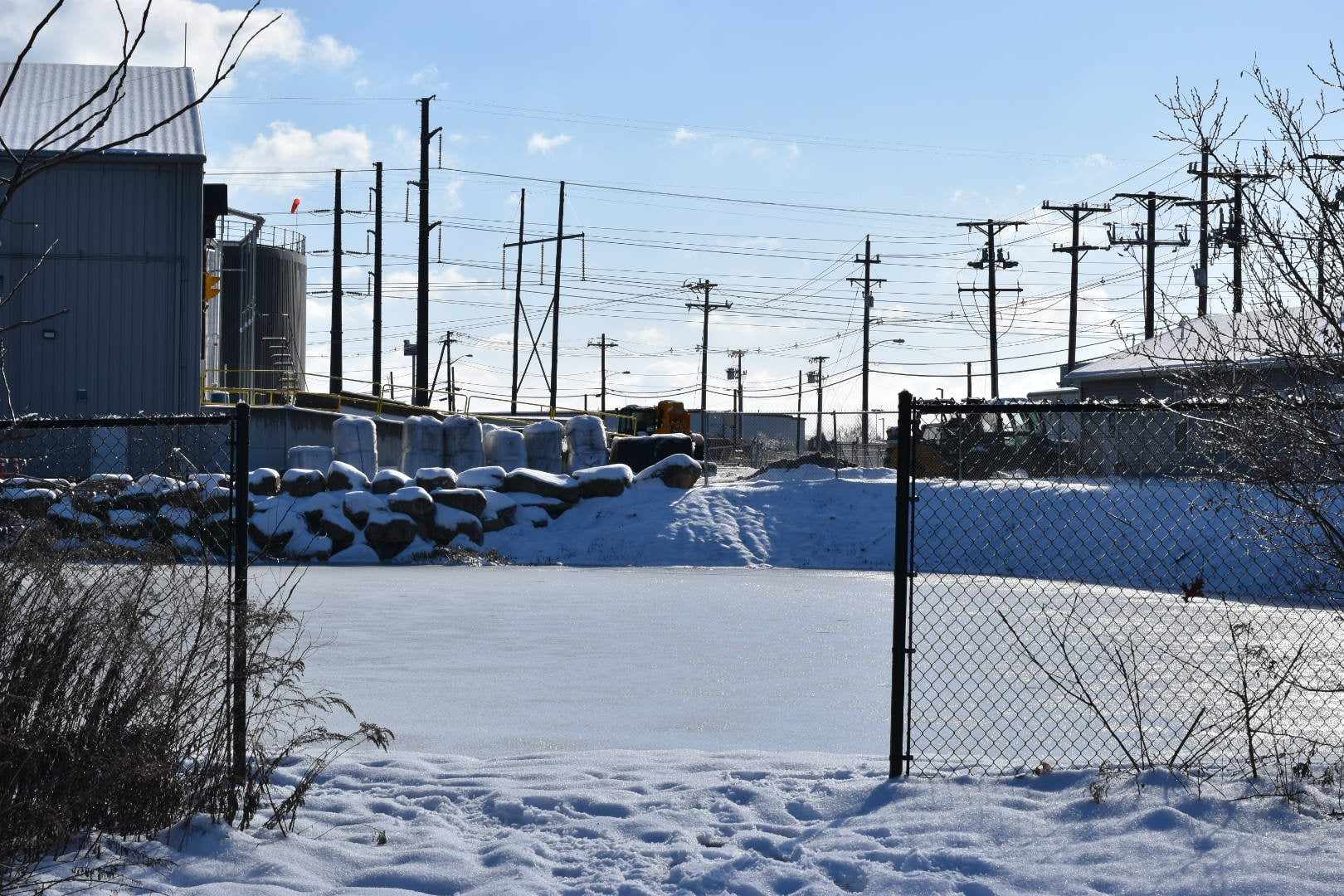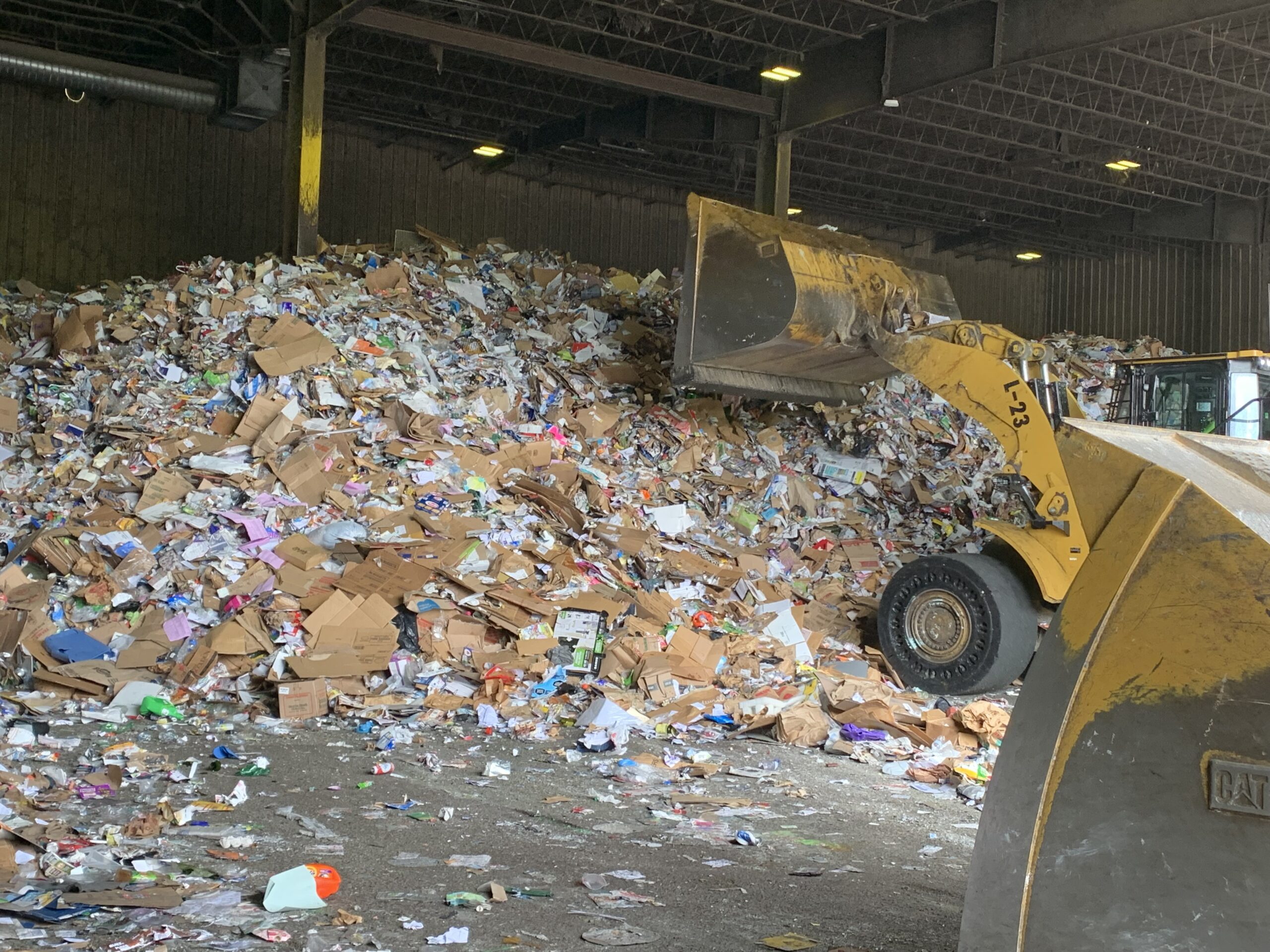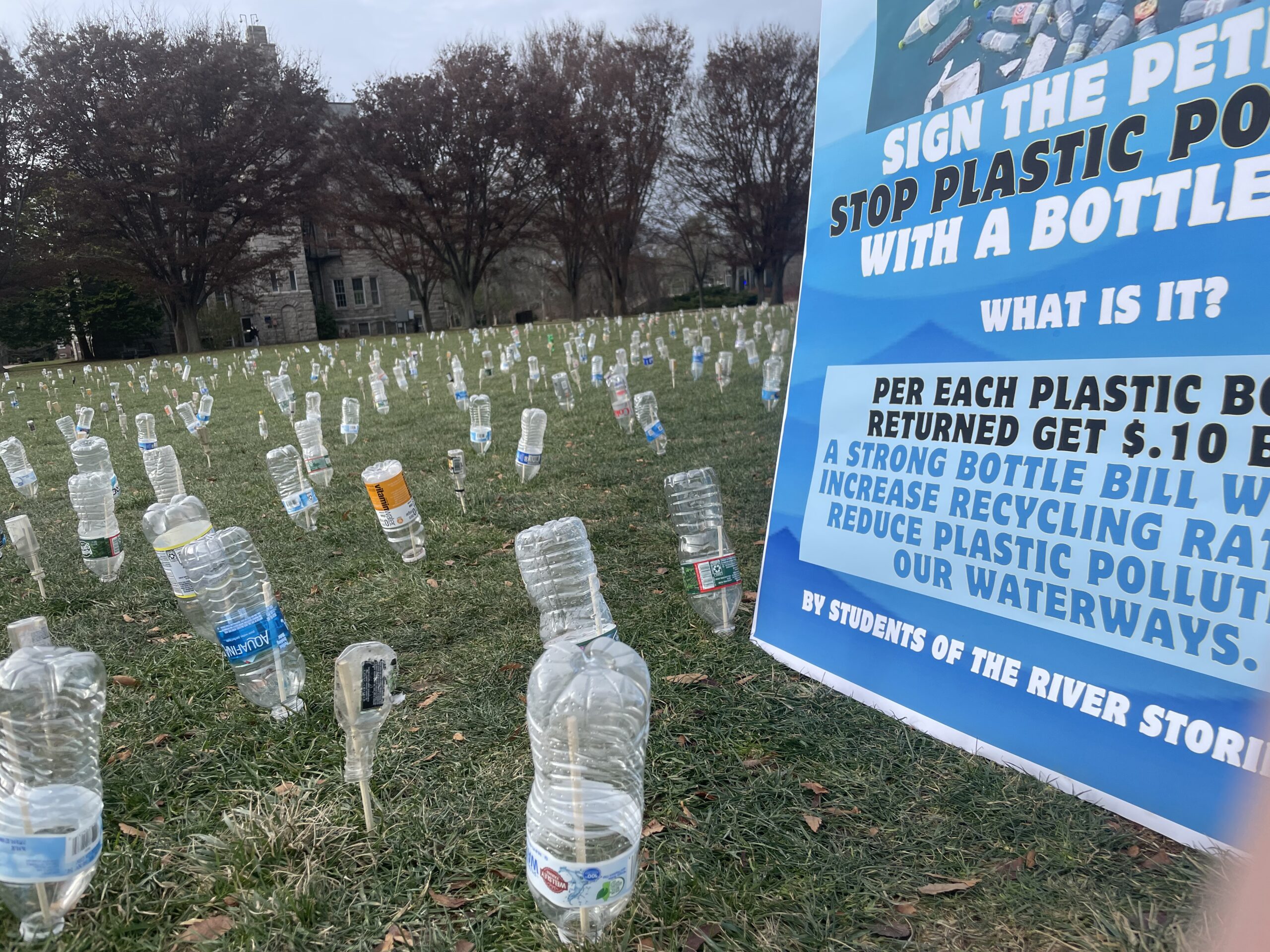Birds the Latest Problem at Central Landfill
February 1, 2012
JOHNSTON, R.I. — Smelly trash isn’t the only problem at the Central Landfill.
In recent months, tens of thousands of seagulls — and to a lesser degree, geese — have become a major nuisance in the dumping area atop the open trash field.
A federal biologist recently concluded that the surging bird population presents several health and safety risks. Their daily migration from Warwick Cove to the landfill, where they feed, crosses over T.F. Green Airport, increasing the likelihood of collisions with airplanes. Gull droppings also damage rooftops, vehicles and equipment at the landfill, and are a potential nuisance to neighbors. Canadian geese destroy soil and turf, slow traffic, and pose health problems with their droppings.
At its Jan. 31 meeting, the Rhode Island Resource Recovery Corporation’s board of commissioners appropriated $75,000 to hire a full-time consultant from the USDA’s Wilderness Service to menace, scare-off and even kill these winged intruders.
Rhode Island Resource Recovery Corporation (RIRRC) Director Michael O’Connell said the consultant is partially to blame for the seagull invasion. He helped shrink flocks at TF Green and Roger Williams University. Apparently, the displaced birds have relocated to the landfill.
“They’ll come where the food is and they’ll roost,” O’Connell said.
The eradication techniques are somewhat crude. Fireworks, propane-fueled cannons, simulated bird carcasses and “other harassment methods,” such as shooting, trapping and toxicants will be used to cull the avian invaders. The full-time staffer, a wildlife biologist, will also offer “bird harassment training,” which includes firearm instruction, to the RIRRC for ongoing bird control.
The Central Landfill is a certified wildlife habitat. The consultant intends to work with the state Department of Environmental Management (DEM), Audobon Society of Rhode Island and other groups to manage the habitat for mallards and uncommon birds such as tree swallows and American kestrel.
Single stream on track
The new and improved single-stream recycling sorter at the RIRRC’s Materials Recycling Facility is on schedule and on budget, according to Sarah Kite, the agency’s recycling coordinator. The plastic, glass and paper conveyer system is expected to be operational by mid-March. It will undergo four to six weeks of testing before going fully operational by the end of April.
The $17 million upgrade will be promoted by a media blitz starting in March. Advertising on TV, radio, billboards and a direct-mail campaign is expected to reach up to 98 percent of the target audience. Much of the $1.1 million media campaign will be spent on promoting single-stream recycling, but money also will be used to advertise the RIRRC’s existing programs, such as the Eco-Depot.
“(The public) is going to have to work very hard not to find us,” Kite said.
Categories
Join the Discussion
View CommentsRecent Comments
Leave a Reply
Your support keeps our reporters on the environmental beat.
Reader support is at the core of our nonprofit news model. Together, we can keep the environment in the headlines.
We use cookies to improve your experience and deliver personalized content. View Cookie Settings




There is a simpler way to reduce the seagull population in Johnston. Stop putting food scrap and other organics in the dump. Take the food scrap out of the waste stream and compost it. The gulls will not bother coming around.
Thankfully taking the food scrap out of the waste stream and composting it helps us grow more food and increase our soil health and food security as well as creating jobs. In the long run it will be much better than calling out the feds.
What do sea gulls, pigeons, and dung beetles have in common? They are all nature's way of distributing nutrients around in the environment. It's only mankind that insists on piling all it's trash and pumping all it's sewerage to one central location. Then we guard it with "fireworks, propane-fueled cannons, simulated bird carcasses". When are we going to learn to work with nature instead of trying to out smart it.